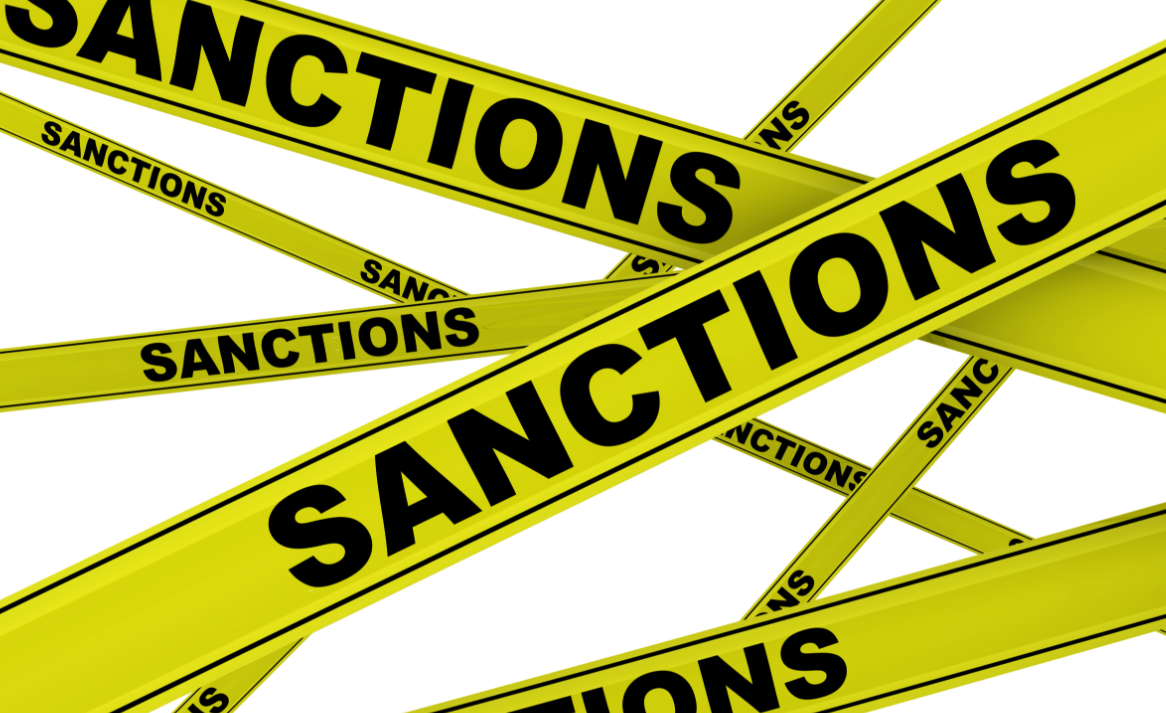US to Exempt Eight Countries from Iran Oil Sanctions: Report

While the Trump administration’s goal remains to choke off revenue to Iran’s
economy, waivers are being granted in exchange for continued import cuts so as
not to drive up oil prices, said the official, who asked not to be identified
before Secretary of State Michael Pompeo announces the number of exemptions
later on Friday.
China — the leading importer of Iranian oil — is still in discussions with the
US on terms, but is among the eight, according to two people familiar with the
discussions who also asked not to be identified. The other four countries that
will get waivers weren’t identified, Bloomberg reported.
The administration must maintain a delicate balancing act with the waivers:
ensuring the oil market has sufficient supply and avoiding a politically
damaging spike in fuel prices, while also ensuring that Iran’s government
doesn’t collect enough revenue that the US sanctions become irrelevant.
Global benchmark Brent crude has fallen about 15 percent from over $85 a barrel
last month on increasing speculation that at least some nations will get
waivers, as well as signs that other OPEC members will pump more to offset any
supply gap. Oil futures were at $73.04 a barrel at 7:12 a.m. in London on
Friday.
Previously, Pompeo has said "it is our expectation that the purchases of Iranian
crude oil will go to zero from every country or sanctions will be imposed,” but
also acknowledged that waivers were being negotiated with nations that say crude
from Iran are critical to their energy industry.
The waivers are only temporary, and the US will expect countries that get them
to keep cutting Iranian imports in the months ahead, according to the US
administration official, who declined to give details on the volume of oil the
nations will be allowed to buy under the exemptions.
Source: IFP
















